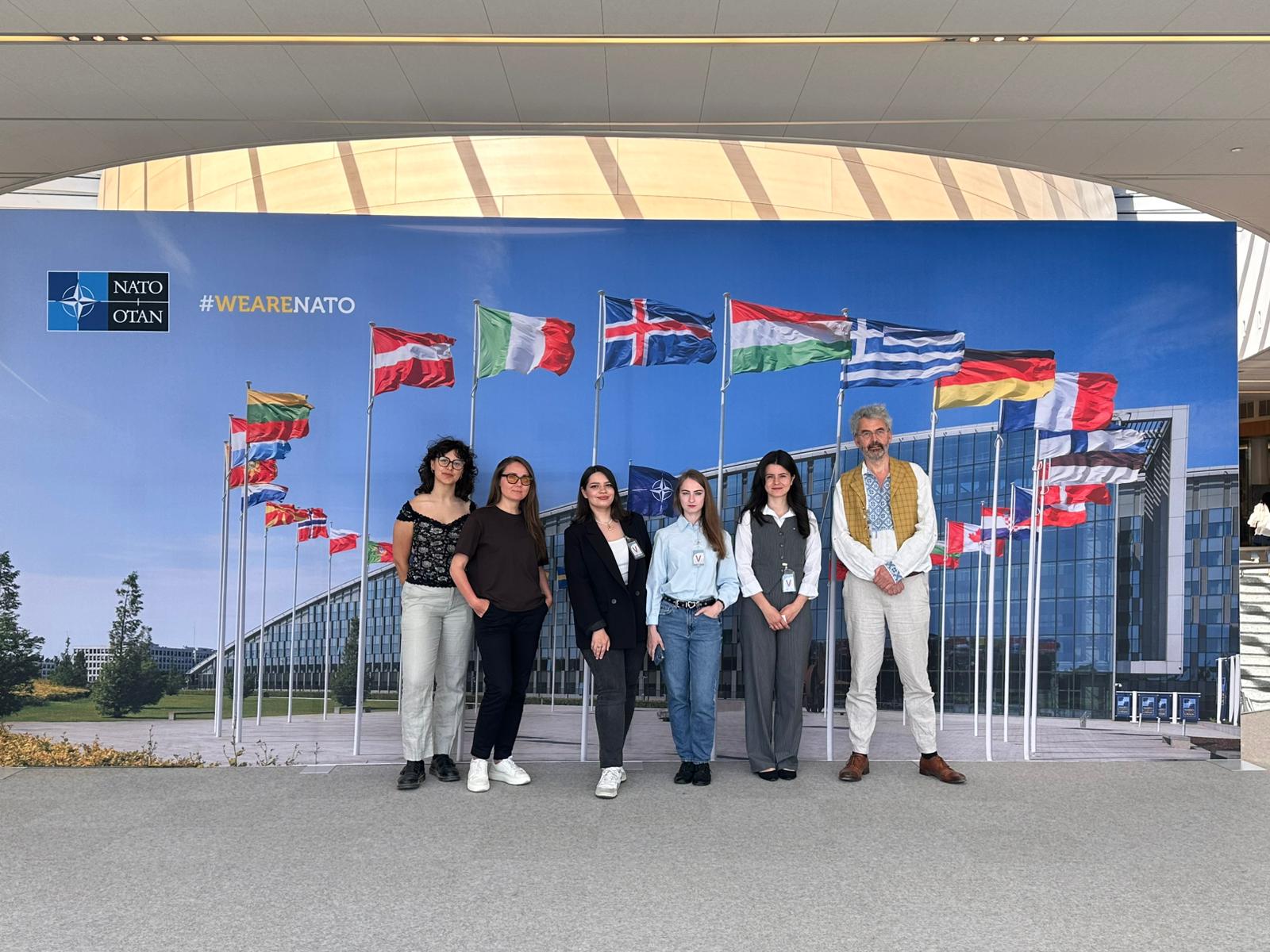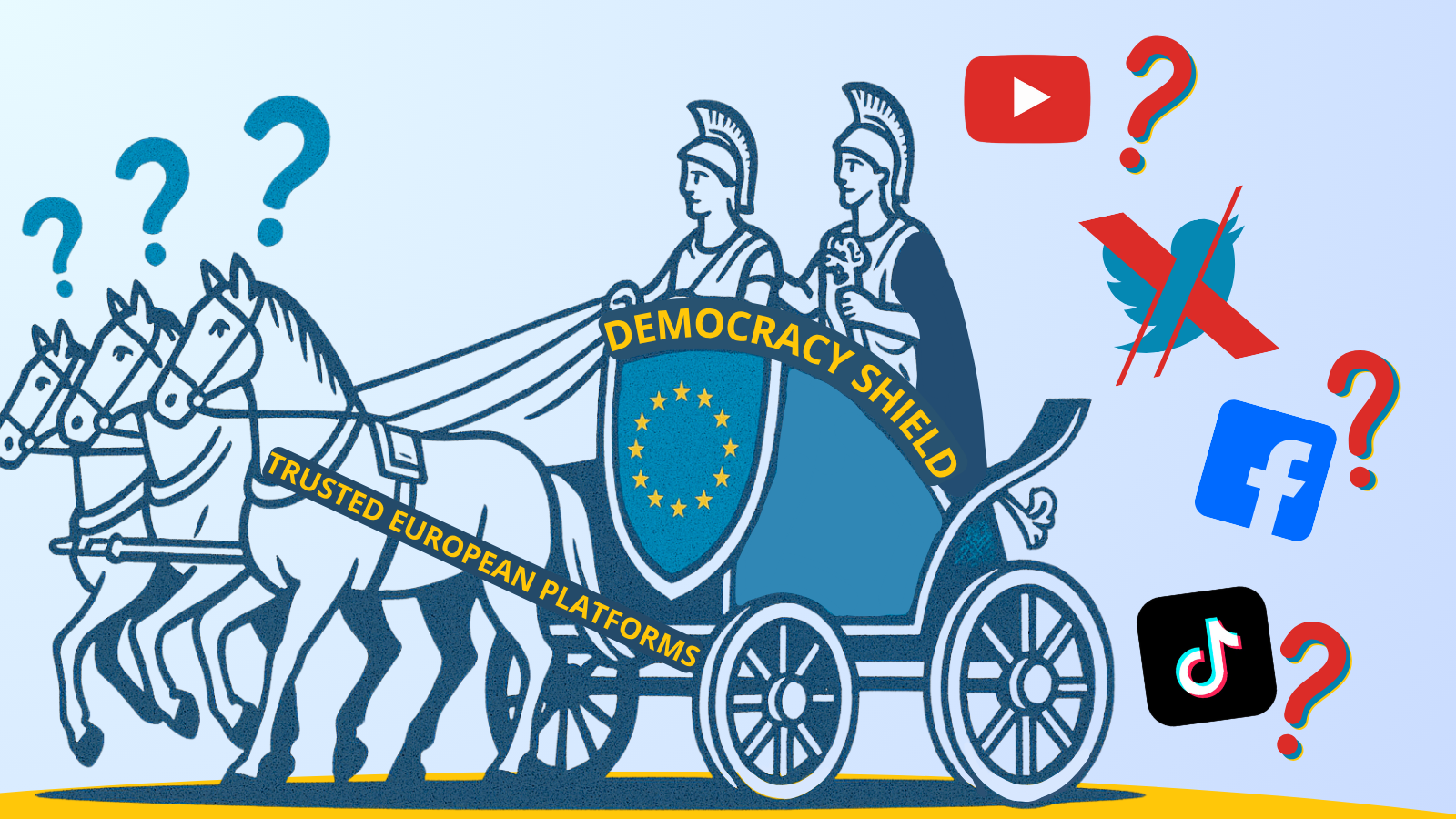
Op-Ed “Trusted European Platforms”: democracy shield replacing toxic networks, like X/Twitter
Europe can no longer rely on regulation alone to safeguard its democratic space. As toxic platforms like X, Meta, YouTube, and TikTok fuel disinformation and polarisation, the need for Trusted European Platforms, or TEPs, becomes urgent.
These platforms would be certified as trusted, based on trust indicators, profile portability, and viable business models including transparency and public interest. This call for a public-private approach that blends smart regulation (soft law) with industrial innovation and collaboration across complementary sectors. With growing momentum among media, advertising, tech, investors, and policy, it is time to move beyond policy ideas: investing in real ventures.
Read and comment on the piece by Christophe Leclercq (Euractiv media founder and policy expert): How Europe can seize this opportunity?
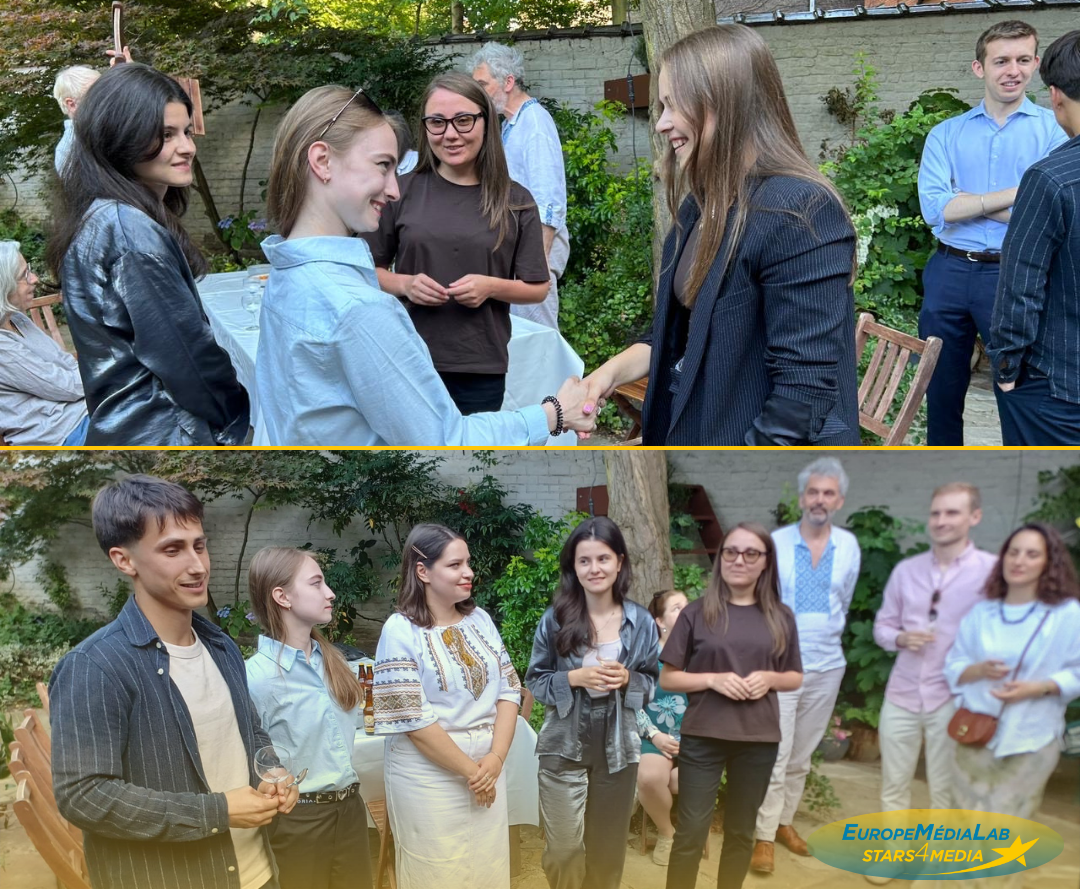
Monthly event: New wave welcome evening.
On 4 July, we had the pleasure of welcoming the second wave of Eastern correspondents at Maison du MédiaLab in Brussels. Correspondents from Ukraine and Moldova gathered for an evening of exchanges with our partners and supporters from the EU bubble and Brussels press corps.
Over the next six months, they will report on key EU and NATO affairs for audiences back home, supported by a programme of coaching, networking, and professional connections. This evening marked the start of their integration.
We are grateful to all who joined us and look forward to completing this vibrant team when the Georgian correspondents arrive.
At this crucial moment for European democracy, we are proud to support Eastern European correspondents’ new chapter in Brussels.
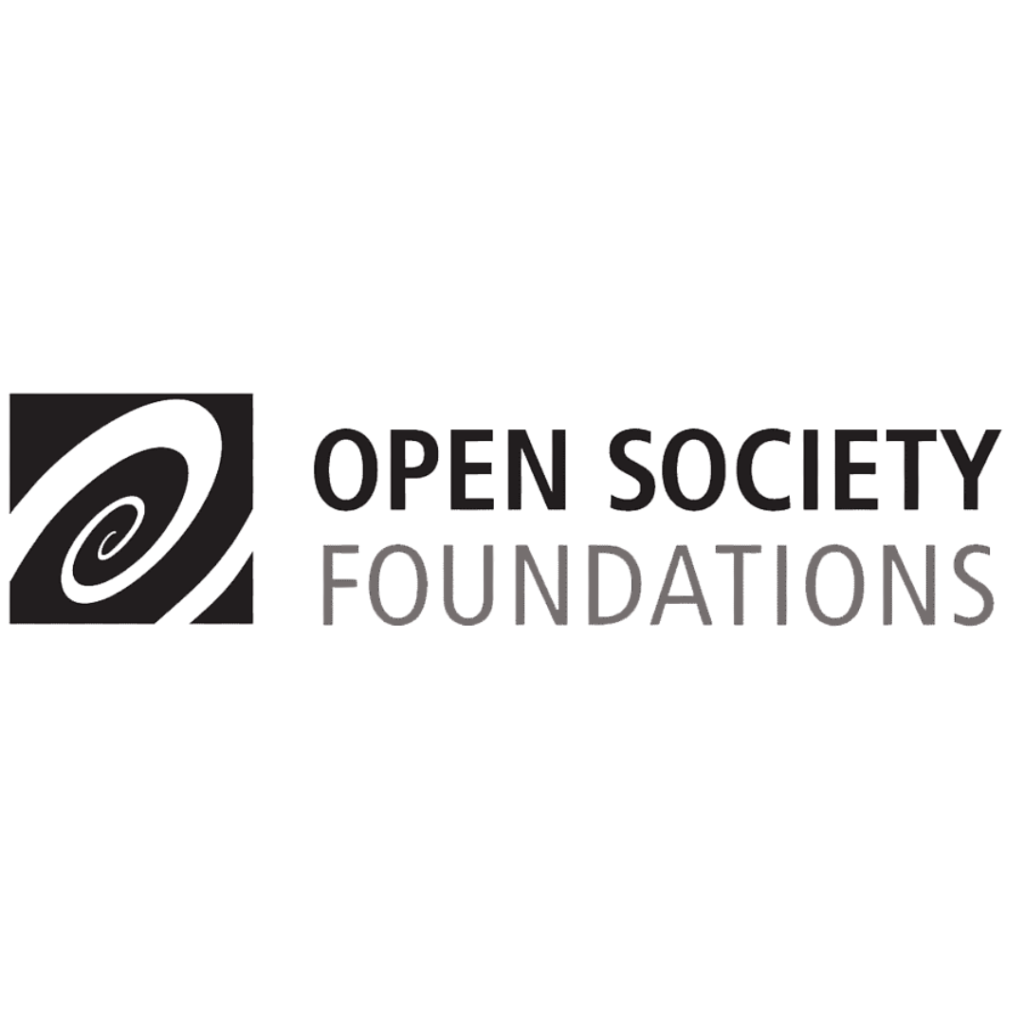
We are excited to announce a new partnership between Europe MediaLab and the Open Society Foundations. This collaboration strengthens our efforts to support Eastern European correspondents in Brussels. The OSF’s commitment to open societies and media freedom aligns closely with Europe MediaLab’s mission for resilient media and empowered journalists.
Enquiries are welcome about further ways to support the resilience of the Maison programme itself, for both organisations and individual ‘co-founders’.
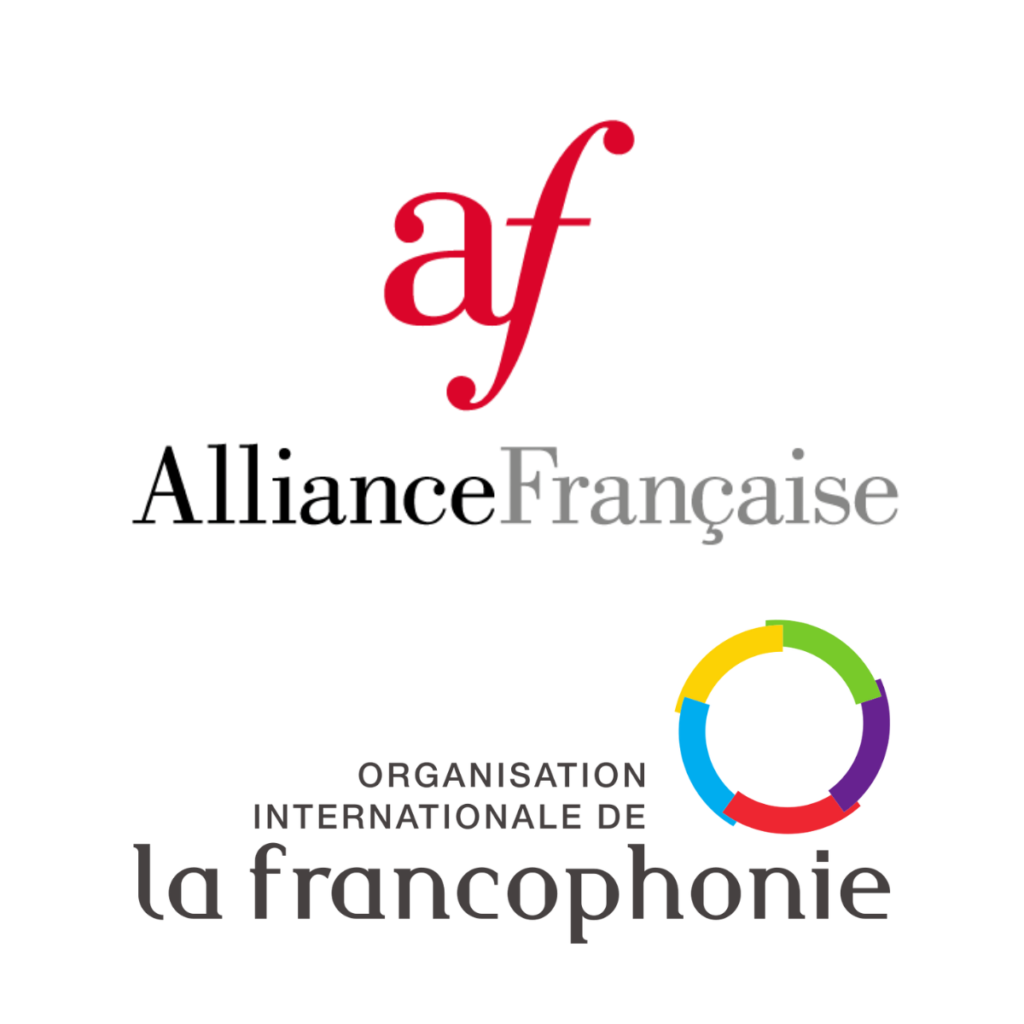
Several of Maison du MédiaLab’s correspondents will soon begin French language courses at the Alliance Française-Bruxelles Europe. This programme is funded by the International Organisation of La Francophonie (OIF) and is aimed at diplomats and journalists based in Brussels. It enables participants, from beginner to advanced level, to learn French and thus facilitate communication in the workplace and in everyday life. Several journalists from the first wave were able to benefit from these courses and, as permanent correspondents in Brussels, continue to have access to them.
Study visits to Newsrooms, EU, and NATO Institutions
The first weeks in Brussels have been packed for the Maison du MédiaLab correspondents. They quickly settle into the Brussels press corps. From insightful newsroom exchanges to high-level institutional briefings, the journalists from Ukraine and Moldova began their journey with a deep dive into the European and NATO institutions and media landscape. They explored competition and trade reporting at MLex, discussed EU affairs and digital coverage at POLITICO Europe, and exchanged on issues in the region with officials at the Commission’s Directorate General for enlargement and Eastern Neighbourhood. Their introduction also included a visit to NATO headquarters, offering them both a strategic overview and practical tips for navigating the NATO press corps.
The programme continued with hands-on sessions at the Council of the European Union, discussions on media freedom at the Council of Europe, and an inside look at European broadcasting during their visit to Euronews Brussels.
These initial encounters have laid a strong foundation for the months ahead, as the correspondents engage with key players shaping Europe’s political and media spheres.
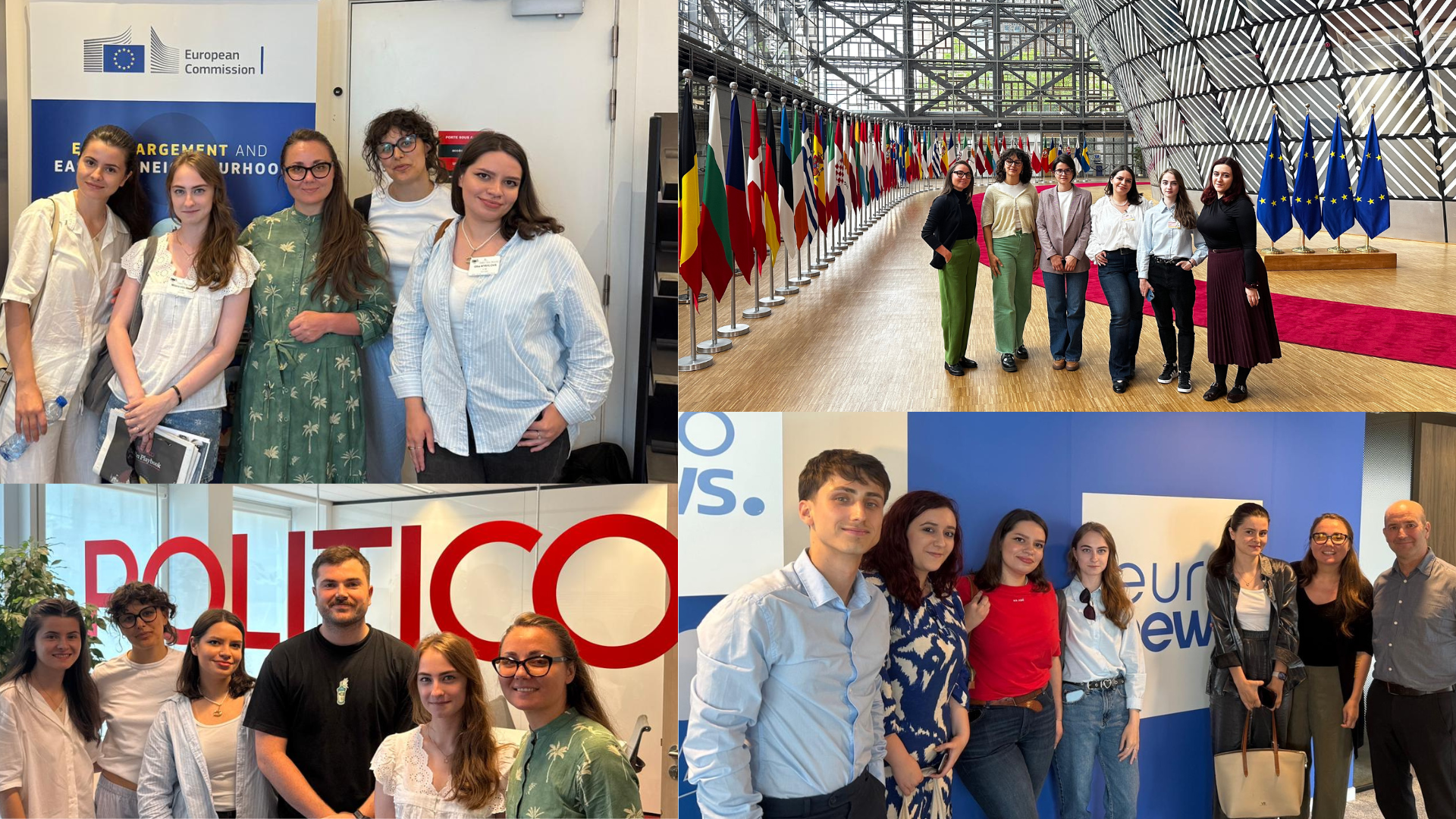
Journalists Updates

Olha Kyrylova
Telegraf (Ukraine)
This month, Olha Kyrylova reported on Ukraine’s relations with the EU as Brussels entered its summer recess. Her coverage reflected cautious optimism, noting both continued support and concerns over long-term commitment.
She highlighted EU discussions on purchasing weapons for Ukraine from the US and explored a proposed new cooperation format, seen as a flexible response to shifting global dynamics. Olha emphasised the need for sustained EU engagement amid evolving geopolitical challenges.

Luminita Toma
Teleradio Moldova (Moldova)
In July, Luminița Toma reported on Moldova’s continued progress along its European path, focusing on developments at the EU Foreign Affairs Council. Moldova featured prominently in the discussions, with Commissioner Kaja Kallas warning of potential instability ahead of national elections. Foreign Minister Mihai Popșoi received firm reassurances of EU support during meetings with European leaders.
Toma also covered the EU’s proposed €2 trillion budget for 2028.





